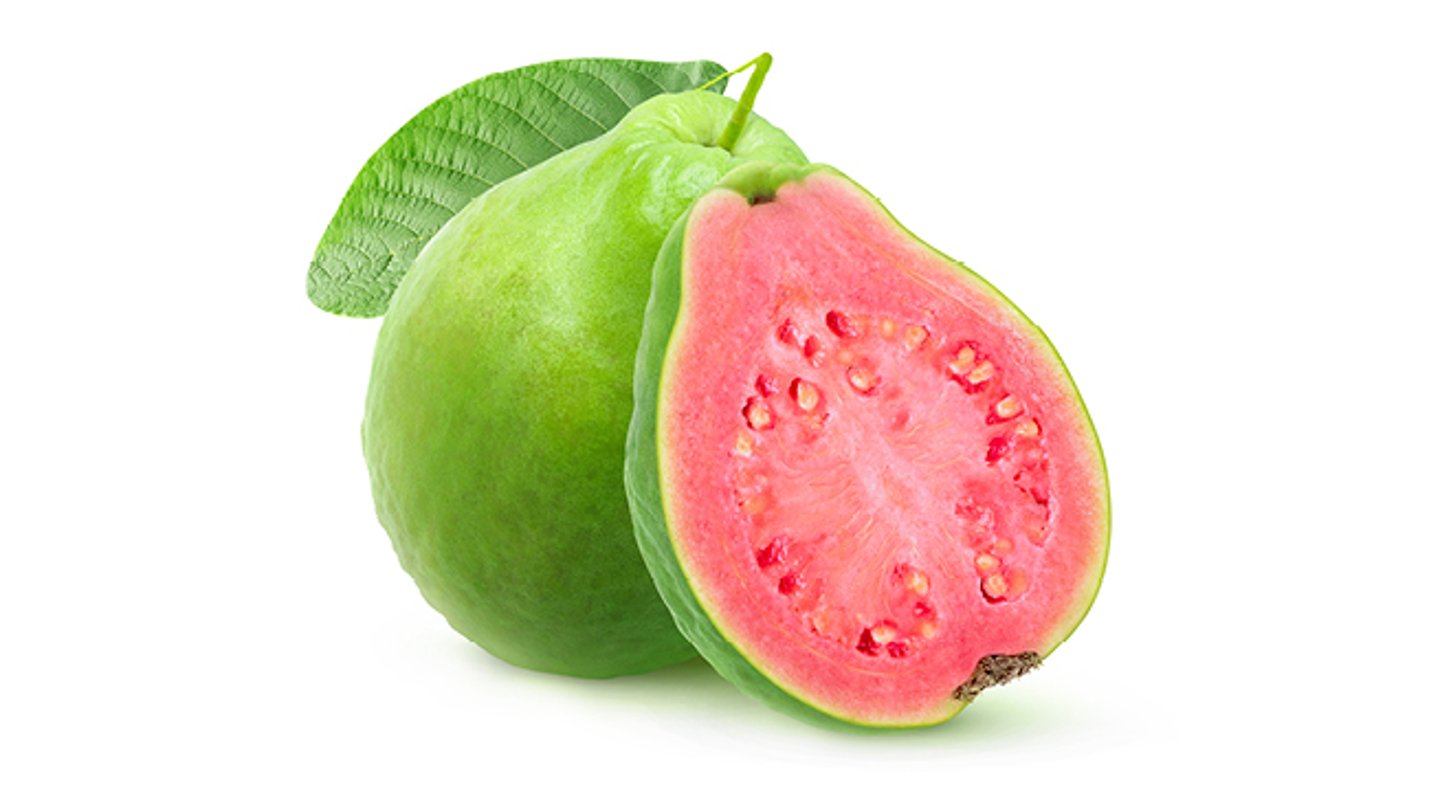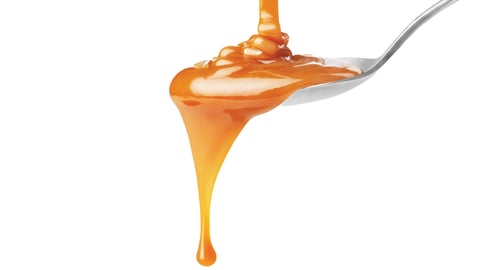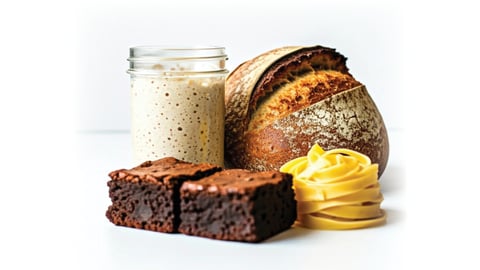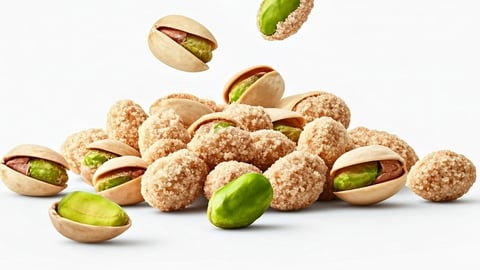Four things to know about guava
Guava’s got it all
Think of guava as nature’s ultimate summer fruit fusion. “Customers have described the flavour as a mix between pear and strawberry or passion fruit and pineapple,” says Catherine Thomas, vice-president, communication at Loblaw. However you slice it, guava is good for you—packing up to 4.3 times more vitamin C than an orange!
From Latin America… to Leamington, Ont.?
In 2023, guava and mango imports together topped $236 million in fresh fruit value, accounting for more than 80,000 metric tons of tropical goodness, according to the Canadian Produce Marketing Association (CPMA). Since Canada’s climate can’t support growing these fruits outdoors, Latin America remains a key supplier.
“Import volumes are rising to meet demand, but innovation may eventually shift that landscape,” says CPMA president Ron Lemaire. “Nature Fresh Farms in Leamington, Ont., for example, is testing the waters by growing guava and other tropical plants right in their greenhouses, using cutting-edge tech to see what’s possible closer to home.”
As concerns over food affordability and sustainability intensify, Lemaire says “greenhouse innovation is playing an increasingly vital role.”
Tropical, trendy and on the label
Product launches featuring guava have enjoyed a 4% compound annual growth rate (CAGR) since 2020, according to Innova Market Insights. By category, guava has become an especially popular ingredient in sauces and seasonings, which saw a 16% CAGR, followed by confectionery, and baby and toddler products at 9% each, and soft drinks at 5%.
“Tropical fruit flavours are experiencing high-growth momentum in Canada, particularly in categories like table sauces and baked goods,” says Loblaw’s Thomas. “Mango, papaya, coconut and guava are increasingly used in sauces, snacks and baked goods, appealing to Canadians’ interest in global cuisines and new flavour experiences.”
READ: What’s new in specialty produce?
As part of its private-label offering, Loblaw features guava in several SKUs, including PC Passion Fruit Guava 8% Greek Yogurt and PC 100% Tropical Juice. And more could be coming, says Thomas. “There are ongoing opportunities for innovation in food and beverage products that feature tropical fruits,” she says.
Additionally, Loblaw has stocked sauces from Island Gurl Foods, starting with its original Mango Jerk Sauce—now part of a sixproduct lineup that includes Sweet Guava BBQ Sauce—since 2021. “My grandmother inspired me, and growing up as a child in the Bahamas, I’d climb trees to collect guava,” says president Raquel Fox. The brand has been building momentum and was recently picked up by Sobeys’ e-commerce platform Voilà!
Skin in the game
As CPMA’s Lemaire points out, “Guava isn’t as mainstream here as apples or bananas—yet—so retailers have a role to play in helping customers understand how to select, store and use it.” He says this could involve signage with nutrition facts, simple preparation tips (the entire fruit including the skin and seeds are edible!) or even QR codes linking to short videos. “In stores with high newcomer populations, grocers may already be stocking guava,” Lemaire adds, “but it’s also worth considering broader seasonal promotions as guava gains popularity in beverages, desserts and packaged goods.”
Island Gurl Foods is stocked in the international aisle, but with Canada’s diversity and growing appetite for Caribbeaninspired flavours, Fox believes it belongs in the condiment section alongside other barbecue sauces. “As a Canadian citizen, I feel it shouldn’t be in the international aisle because we’re not importing these sauces,” she says.
Sales have been strong, but Fox notes many shoppers don’t browse the international aisle unless looking for something specific. At around $7 a bottle, Island Gurl sauces are on par with premium barbecue sauces—making placement of the brand among mainstream condiments a better fit.
This article was first published in Canadian Grocer’s June/July 2025 issue.





